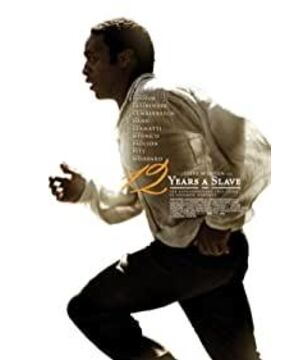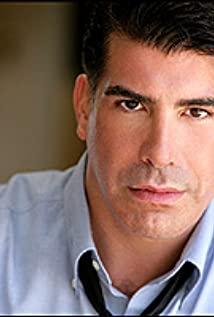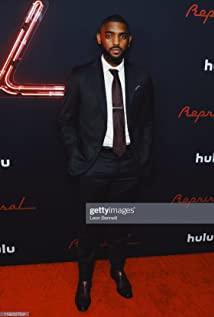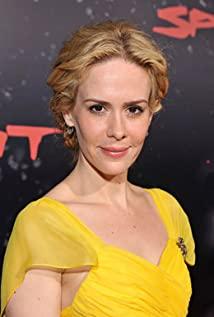The bits and pieces that happened around Solomon, the protagonist, all powerfully satirized and criticized the black slave system: the trade of black slaves never gave black slaves any choice, even the simple desire to be with his family. , in their eyes, how out of reach, or in other words, they are not born with family members, some are only masters who exploit their labor; black slaves should never be able to read and write, they are inferior, " Masters" will never give them any ability to improve themselves. For black slaves, the skills of reading and writing will only bring them trouble; from the moment the black slave trade market is bought by the "master", the life and freedom of the black slave are no longer his own, the "master" You can end your life at any time, you can drain your labor force unscrupulously, you can make you laugh and make you cry; you are born as black slaves, and the black slaves who have long been "institutionalized" do not know how to resist, only obey their orders, because They know that any action that goes against the will of the "master" may bring them the calamity of death. "It is better to die than to live" is the biggest purpose of their life.
What makes Solomon the protagonist and other black slaves special is that he was illegally abducted and sold. He was originally a free man. He originally had a family, a career, and more importantly, freedom. It is also for this reason that the biggest difference between him and other black slaves is his inner resistance. The most unforgettable line in the whole movie: "I don't want to live, I want to live well." He was unwilling to do so. He wanted to regain his own freedom. Although there was little hope, he never gave up hope. This reminds me of Andy in "The Shawshank Redemption". They have two things in common. They are fighting for their freedom. At the same time, they have a very human-like belief and persistence, and they are not affected by the surrounding environment. "Institutionalized" and finally freed. Faith and perseverance are the strength that supports the protagonist to survive this humiliation for twelve years. Even if it is twenty years, I believe that the protagonist will not lose hope.
The movie is right, as a social person, losing your "identity" means losing everything. In fact, in reality, we have long passed the era of struggling for food and clothing, so why do so many people go abroad, take civil servant exams, and pursue higher education? Some people may say that it is for future salary, but I think more Or for status in society. Just like the protagonist, once he loses his "identity", he will understand his importance. I think I will cherish it as a child, as a student, as a party, as a friend, and as a lover. . .
I like this kind of movie, it seems like a person's tragic experience, simple and unpretentious, but it brings us a lot of thinking
View more about 12 Years a Slave reviews










